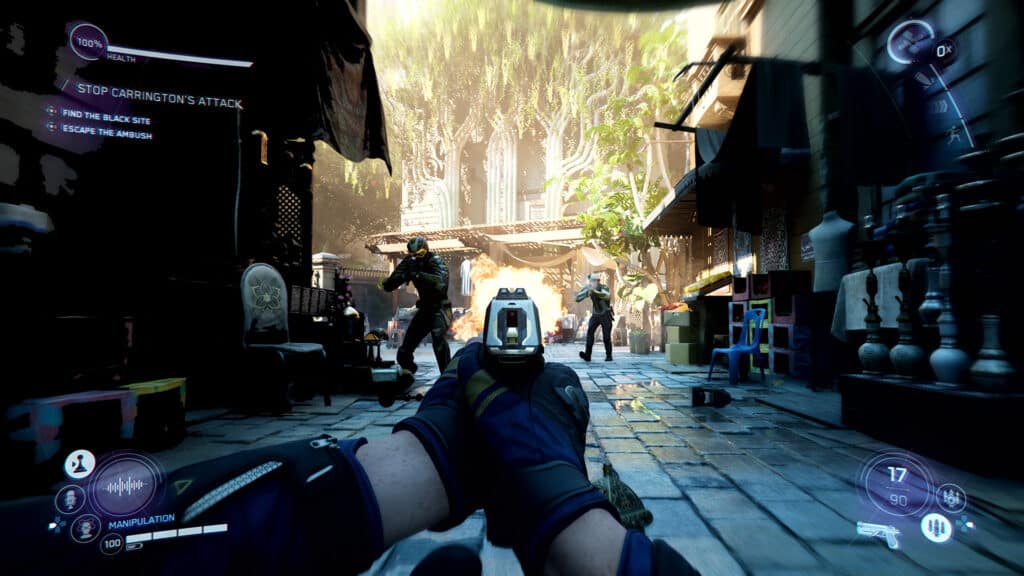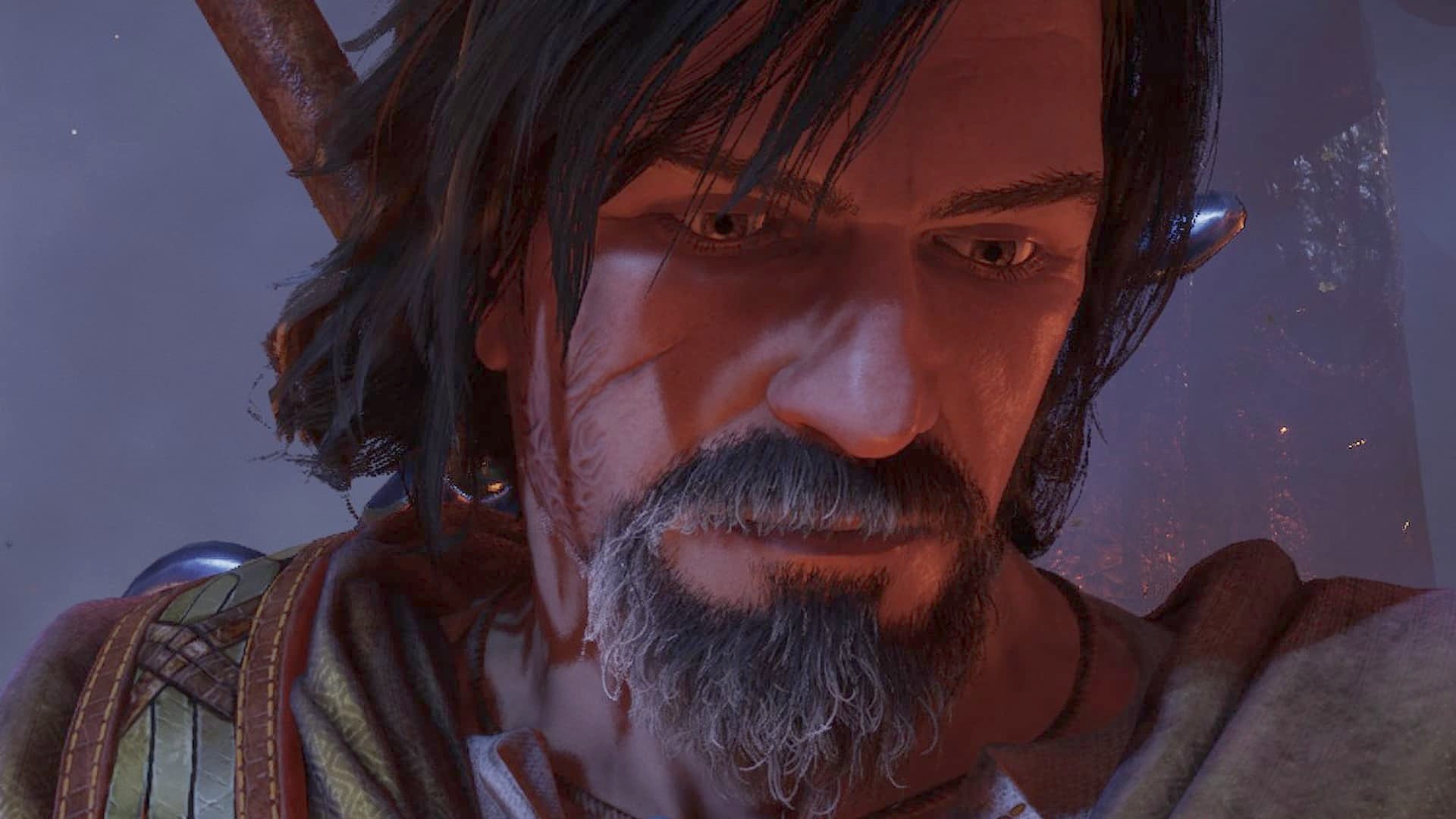I am not sure anyone was shocked this week when a multi-billion-dollar company carved its way through the videogaming arm of its workforce, laying off thousands of people who, until that point, had been diligently coding the games it had approved.
Minutes later came the mealy-mouthed soundbites about restructuring, innovating, and an exciting future for all. All released to the background of thousands of resumes being hurriedly and worriedly emailed to the recruiters of the three jobs that are available.
“We continue to implement organizational changes necessary to best position the company and teams for success in a dynamic marketplace.”
10,000 jobs cut in 2023, another 9,000 now. How’s that positioning going Microsoft?
Xbox head honcho Phil Spencer was also at it, “I recognize that these changes come at a time when we have more players, games, and gaming hours than ever before. Our platform, hardware, and game roadmap have never looked stronger. The success we’re seeing currently is based on tough decisions we’ve made previously.”
The desks were emptying at studios such as Rare, King, and Bethesda, among many others, as he spoke.
The elephAInt in the room
Executive Producer at Xbox Game Studios, Matt Turnbull, will be wishing he hadn’t posted his advice on LinkedIn to those booted out to load up ChatGPT and get it to help you with the recruitment process. He’s now removed it, and I feel a bit sorry for him as he was trying to be helpful. And LinkedIn is a dumpster fire at the best of times, but still, if you still have your job when colleagues are losing theirs, my advice would be to keep your head down.
It’s not clear if or indeed any of the job cuts are as a direct result of Microsoft’s love-in with Artificial Intelligence. It would be silly to presume there is no connection, and this is the way the world is headed wither way. But we don’t have to like it
The thing is, and I have said this vociferously before when industry layoffs occur, that all that ever happens is that you get a few media outlets – many themselves often under constant fear of staff cuts, highlighting the problem, and then some bleating on Reddit from players who were looking forward to a particular game coming out that has now been canned, and that’s it. Rinse and repeat.
Seemingly ad infinitum.
Nothing new
I interviewed a long-standing CEO of a prominent publisher not long back – an interview you will be able to read in full on The Escapist in the near future and he told me he thought the games industry had always been a mess. And he has been in the game for decades.
He also said that perhaps it is time to start looking at things the way the movie industry does. There, you don’t so much work for a company but on a project. When the project is complete – ie, the movie gets released, that’s it. Job done, and you move on to the next one. If a movie gets canned, same thing.
It’s just a different perception and maybe the way things are already going, even if it’s not being outwardly stated.
Do most people care that the gaming industry is so dysfunctional?
Nobody objects for more than a few hours. Nobody is held to task. Corporations gonna corporation, and we just accept it. There’s no, “well, you sacked all those Perfect Dark devs, so we will hit you in the pocket by letting you stick your next Call of Duty where the sun don’t shine”.
Speaking of Perfect Dark, that’s another area where we should be outraged. I, like you, saw the gameplay trailer only a few months back and thought, yeah, that looks pretty cool. Now the game is canned for being in “poor shape,” and we are thinking, ‘but hang on, it looked alright to me.”

Now we find out that “demo” was somewhere between a fake and a load of sections frantically duct-taped together to hold it in one piece for the one minute the trailer lasted before presumably bursting into flames the second recording stopped.
Just stop lying to your audience.
Or at least if you continue to lie to us, and we find out, then there will be consequences for your profit and loss sheet. Which, let’s face it, is all they really care about. If it’s a “vertical slice”, tell us it is. But the push to see all the latest trailers at the same old games festivals means that companies feel the need to do this stuff.
Should we be bothered?
In the main, the games industry is not a cosy cottage industry. It is a behemoth full of corporations and money guys trying to extract the most cash from you. Some of you may be young enough not to remember it being any different, but it was. And it was better for it. But that version of the games industry couldn’t exist today. It is naive to think it could.
The cottage industry aspect survives in the form of (some) indie studios, but the world of the triple A (or even the AA or, just the bloody A) can be found north of Disaster Town. And then these companies have the gall to tell us we don’t own the games, only rent them. What happens? We complain for a few hours, then pre-order the next one so we can play it 48 hours early.
Maybe it really is all our fault in the first place.





